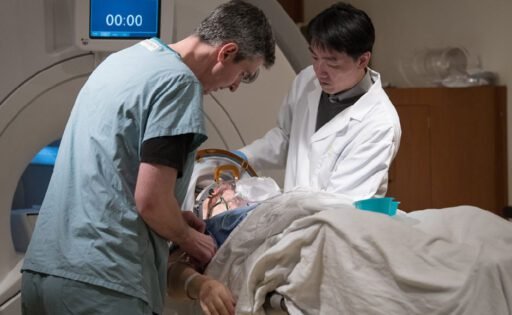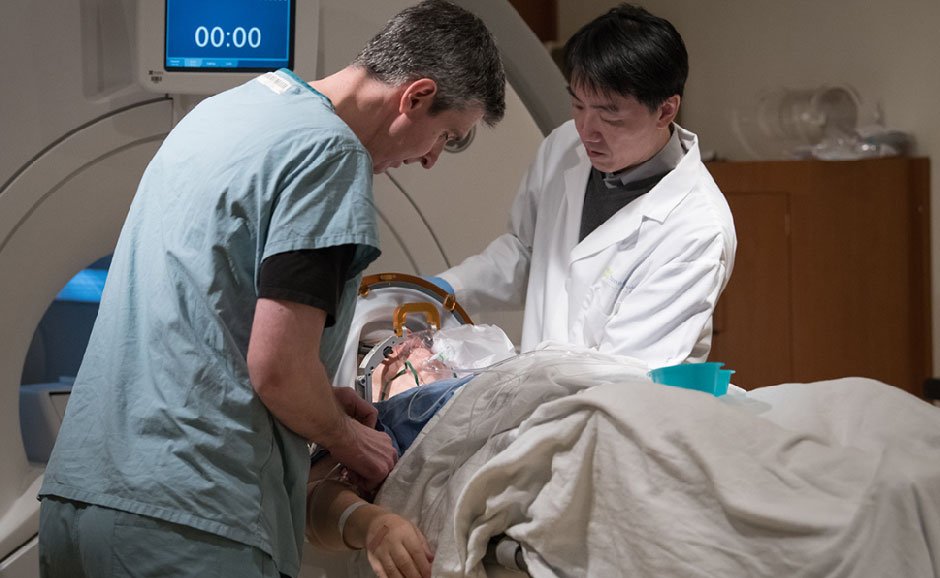When an old word takes on a whole new meaning:
Thailand’s health care sector has developed markedly over the last twenty years to the point where medical tourism for a whole swathe of issues from dentistry to chronic conditions are now promoted by the Thai government. Wellness and Health Retreat programmes abound. It’s no surprise when even the most innovative health initiatives can be found in the SE Asian nation that boasts some of the best five-star hospitals in the region.
However, our eyebrows were raised recently when a friend of ours, who is unfortunately undergoing cancer treatment in the northeast of the country, said they were undergoing hyperthermia.
Now we thought that meant having heatstroke (the opposite of hypothermia). Wrong.
Hyperthermia in the context of cancer treatment involves intentionally raising the temperature of the tumor or the body to temperatures between 40°C to 45°C (104°F to 113°F) for a short duration. This can be achieved using various methods such as focused ultrasound, radiofrequency waves, microwave devices, or even hot water blankets.
It is used as an adjunct to radiotherapy and chemotherapy. Hyperthermia treatment is now available in Ubon Ratchathani where our friend is more than happy with the progress.
Benefits of Hyperthermia Treatment for Cancer:
- Enhanced Sensitivity to Radiation Therapy: Hyperthermia can make cancer cells more susceptible to the effects of radiation therapy. When combined with radiation, hyperthermia can increase the effectiveness of killing cancer cells, especially in tumours that are resistant to radiation alone.
- Enhanced Sensitivity to Chemotherapy: Some studies suggest that hyperthermia can enhance the effectiveness of certain chemotherapy drugs. By heating the tumour, hyperthermia can potentially increase the uptake of chemotherapy agents into cancer cells.
- Direct Killing of Cancer Cells: High temperatures can directly kill cancer cells. Cancer cells are generally more sensitive to heat stress than normal cells, so hyperthermia can target and damage cancer cells while minimizing damage to healthy tissues.
- Enhanced Immune Response: Hyperthermia may stimulate the immune system. Increased temperatures can promote immune cell activity and enhance the body’s natural defence mechanisms against cancer.
- Targeted Treatment: Depending on the method used, hyperthermia can be targeted to specific tumours or areas of the body, minimising damage to surrounding healthy tissues.
- Treatment of Recurrent or Resistant Tumours: Hyperthermia is particularly useful in treating tumours that have recurred after previous treatments or those that are resistant to other therapies.
- Palliative Care: Hyperthermia can also be used to alleviate symptoms such as pain and discomfort in advanced cancer cases, improving quality of life and good mental health.
It’s important to note that hyperthermia is usually used in combination with other cancer treatments like radiation therapy or chemotherapy. The exact benefits and effectiveness can vary depending on the type and stage of cancer, as well as the specific treatment protocol used. Therefore, its application often requires careful consideration and integration into an overall treatment plan tailored to each patient’s condition. For more information about cancer regulations and programs in Thailand click here.





